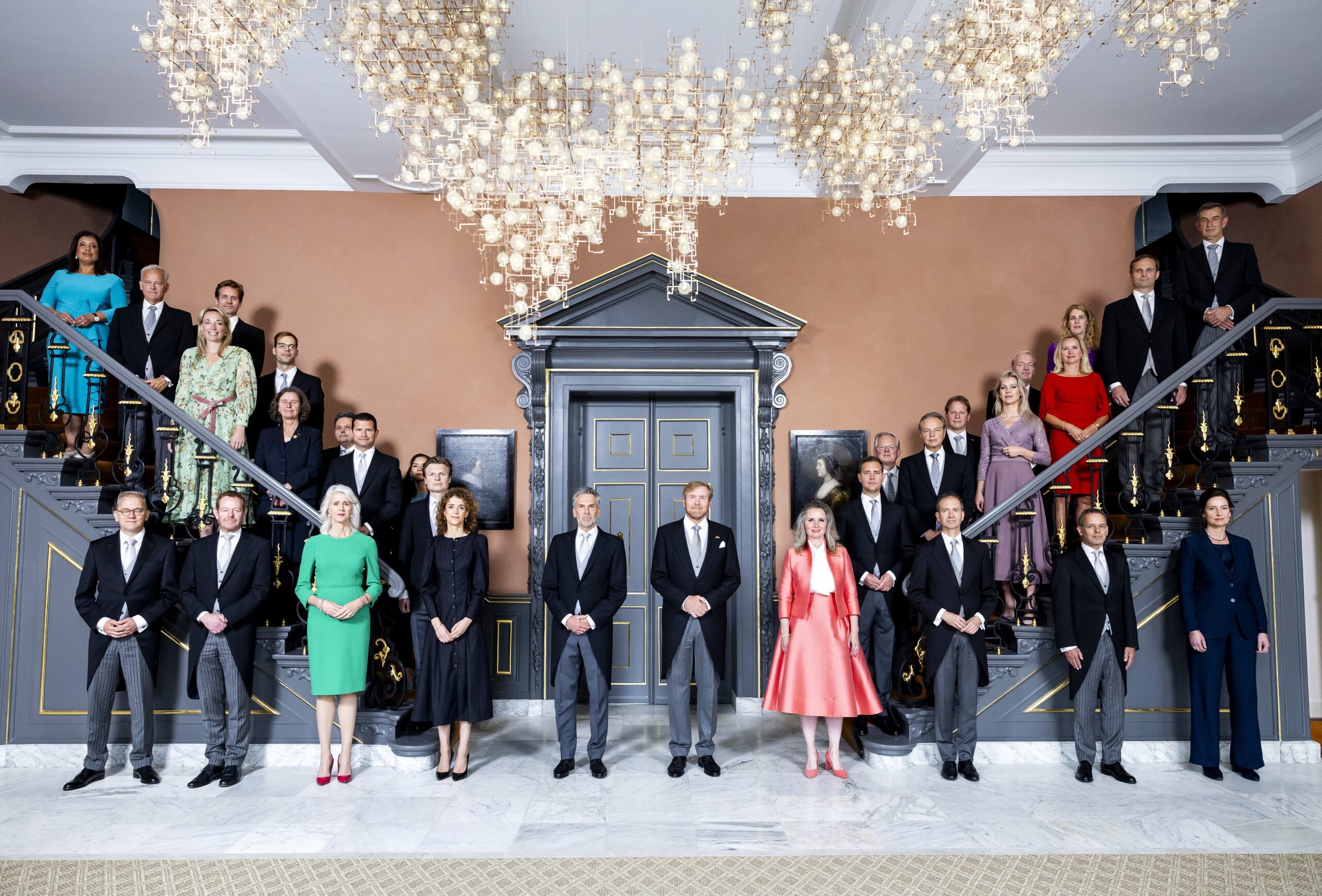Right-wing Dutch government publishes its detailed plans

The right-wing Dutch cabinet has published its plans for the coming three years, ahead of next week’s budget presentation.
Prime minister Dick Schoof will present the plans at a press conference later at 4 pm and answer reporters’ questions.
In May, the coalition partners published a 26-page broad outline of their strategy, but left the details up to ministers to work out. None of the four party leaders are members of the cabinet, but have been active behind the scenes.
Schoof’s statement will be broadcast live on television and Dutch News is live-tweeting the main points. You can follow developments on X, via @DutchNewsNL
Here are some of the main points. This article will be continually updated.
Immigration and asylum
- Border controls are to be tightened up.
- The cabinet plans to declare an asylum emergency as soon as possible, which will enable it to take more steps to reduce the inflow of refugees. Parliament and the senate’s approval will not be required.
- Family reunions of refugees will be limited to children under the age of 18 and there will be limits to the number of appeals refugees whose claim is rejected can make.
- Refugees can only bring in close family members after two years if they have proper housing and a stable income.
- Legislation that requires all local authorities to take their fair share of refugees will be scrapped.
- Accommodation for refugees will be made “more basic”
- Recognised refugees will no longer automatically get a permanent residency permit after five years and will have to return to their country of origin if it is safe.
- The Netherlands will ask EU for an opt-out so it can deviate from European refugee treaties.
- Measures will be looked at to reduce the demand for low skilled foreign workers by steering the economy
- Ministers are investigating various measures to reduce the number of people coming to the Netherlands as knowledge migrants, such as increasing the salary requirements.
- Universities and colleges are to be encouraged to strengthen the use of the Dutch language and to limit the numbers of international students
Education
- Subsidies for free school meals will continue and schools will get compensation for the introduction of higher value-added tax on school books.
- Earlier plans to scrap the budget for 1,200 young researchers have been ditched.
- Measures to double the fees for students who take too long to complete their degrees have not yet been finalised.
- A plan will be developed to improve basic skills in education and tackle the shortage of teachers.
- More money will be made available for schools in rural areas so they can remain open even if pupil numbers fall.
Work and social security
- Everyone will have more to spend next year.
- The cabinet wants more people to have permanent jobs and to combat sham self-employment.
- Staffing agency employees and temporary workers will get better legal protection.
- The rules for supplementary benefits, such as housing benefit, will be made simpler.
- All working parents will get an income-related payment to help with childcare.
- Ministers promise everyone who was a victim of the childcare benefit scandal will have compensation during the life of this cabinet.
Defence and foreign affairs
- The Netherlands will contine to support Ukraine “politically, militarily, financially and morally.
- A commitment to spend 2% of GDP on defence will be anchored in law.
- The cabinet will continue to support a two-state solution in the Israel-Palestine conflict.
- The Netherlands will remain a constructive EU partner “also to achieve our own goals”.
- Major cuts will go ahead in the aid budget and aid projects which are funded will focus on food security and water management.
- The 22% cut in spending on embassies and consulates will be reduced to 10%.
Other
- The cabinet will start proceedings to change the constitution and introduce a constitutional court next year. The court will then check new legislation to make sure it is in line.
- Within a year the government will present legislation bringing in a form of constituency voting in the Netherlands, based on 10 to 12 regions.
- The plans to cut the civil service by 22% will go ahead.
- The cabinet will also invest more in the AIVD and MIVD security services.
- Punishment for terrorist offences will be increased.
- There will be a ban on undesirable foreign funding of associations, foundations, religious organisations and “informal” organisations.
- The maximum sentences for 14 and 15-year-olds will be increased.
- The cabinet will work on options to make parents responsible for their children’s crimes.
- Taxes for companies will be cut by a structural €1.5 billion a year.
- Extra support for firms will focus on innovation and training so that the reliance on foreign workers can be reduced.
- To be continued
Thank you for donating to DutchNews.nl.
We could not provide the Dutch News service, and keep it free of charge, without the generous support of our readers. Your donations allow us to report on issues you tell us matter, and provide you with a summary of the most important Dutch news each day.
Make a donation